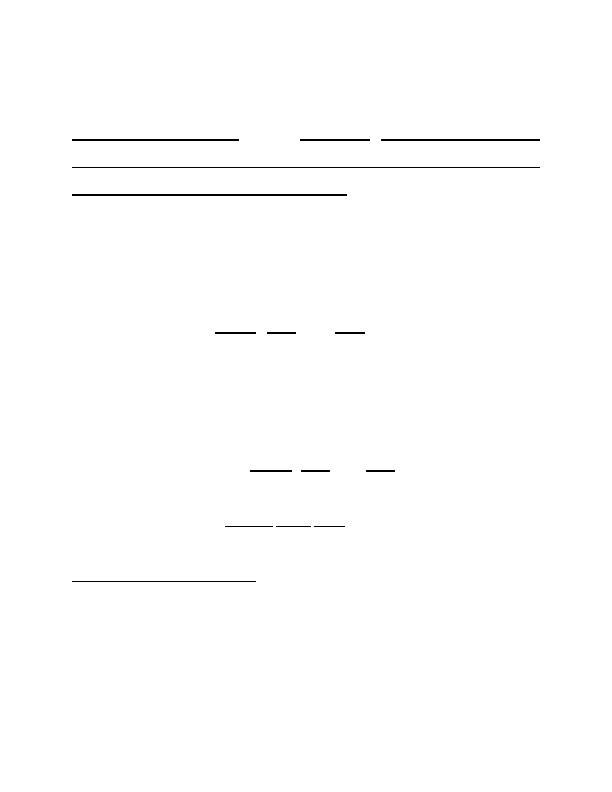
impossible. . . . Invention is a prolific mother; every inventive triumph
stimulates new effort. Man never is and never will be content with
success, and the great secrets of nature are as yet largely undiscovered.
Invention and Advancement (1891), reprinted in United States Bicentennial
Commemorative Edition of Proceedings and Addresses: Celebration of the Beginning of
the Second Century of the American Patent System 75-76 (1990).
In sum, history does not support the retrogression sponsored by the
concurrence.
This court now rejects its own CCPA and Federal Circuit precedent
The majority opinion holds that there is a Supreme Court restriction on process
patents, “enunciated” in Benson, Flook, and Diehr; and that this restriction was
improperly ignored by the Federal Circuit and the Court of Customs and Patent
Appeals, leading us into error which we must now correct. Thus this court announces
that our prior decisions may no longer be relied upon. Maj. op. at 19-20 & nn.17, 19.
The effect on the patents and businesses that did rely on them is not considered.
The Court’s decisions in Benson, Flook, and Diehr all reached the Supreme
Court by way of the CCPA, and the CCPA successively implemented the Court’s
guidance in establishing the Freeman/Walter/Abele test for eligibility under Section 101.
The Federal Circuit continued to consider computer-facilitated processes, as in
Arrhythmia Research Technology, 958 F.2d at 1059-60, where patent-eligibility was
confirmed for a computer-assisted mathematical analysis of electrocardiograph signals
that determined the likelihood of recurrence of heart attack. This court now rules that
this precedent “should no longer be relied on.” Maj. op. at 19 n.17.
2007-1130
27

